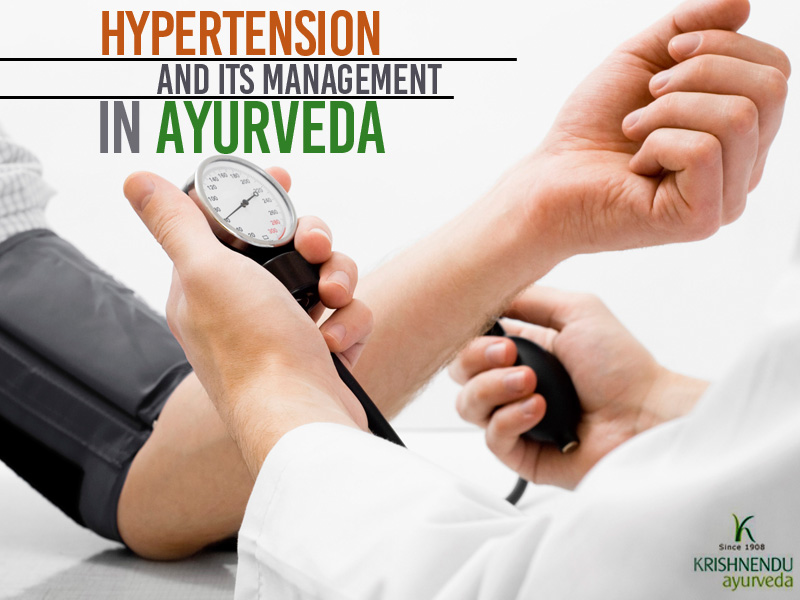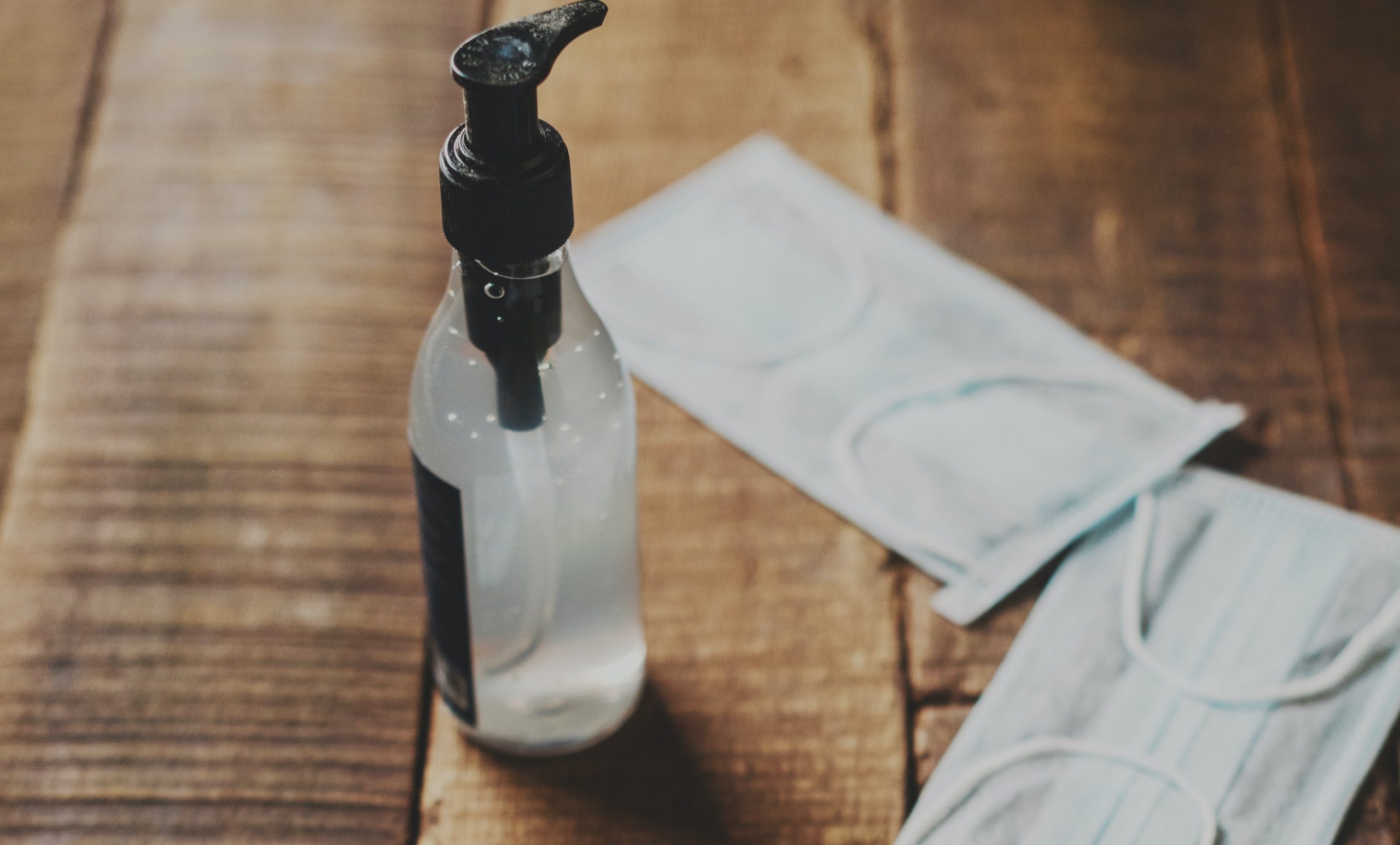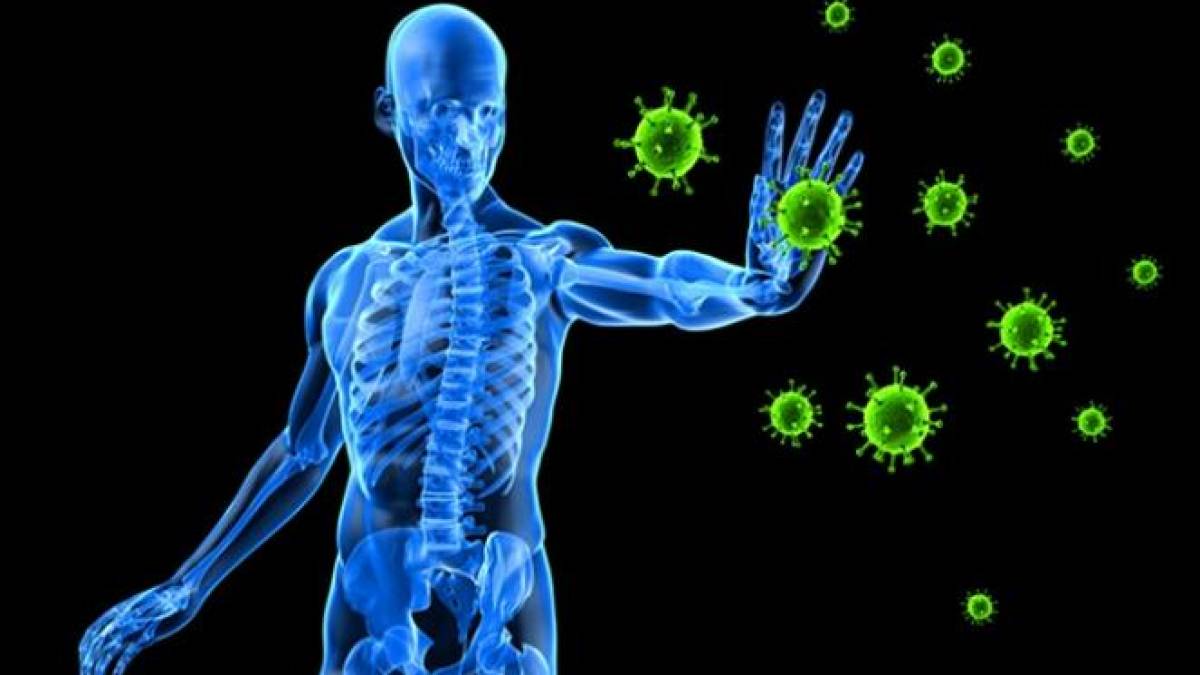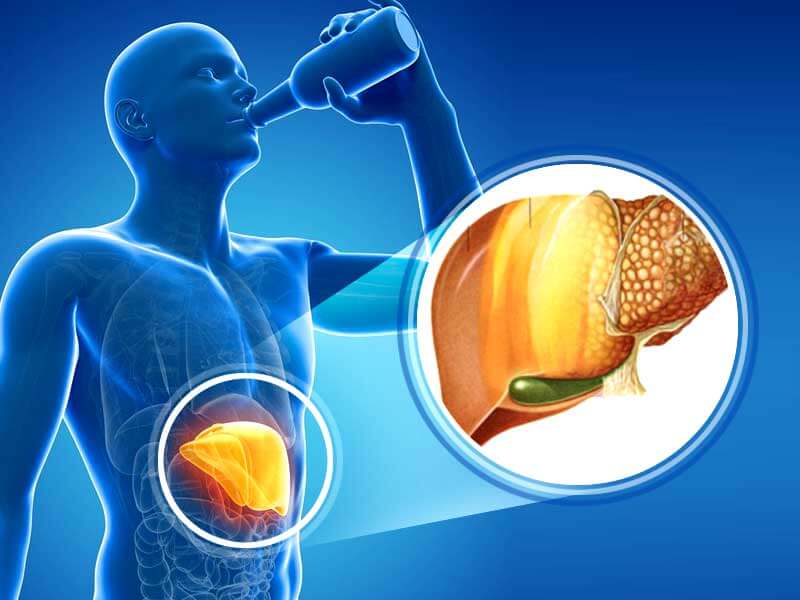Hypertension or high blood pressure is a common disorder where blood pressure in the arteries remains abnormally high befitting to be a major risk factor for stroke, heart attack, heart failure etc. The increase in blood pressure largely depends upon a person’s age, sex, physical and mental activities, family history, and diet. Normal blood pressure of a healthy adult individual is 120 mmHg systolic and 80 mmHg diastolic.
Ayurvedic Understanding of Hypertension
Hypertension is known as Rakta Gata Vata in Ayurveda. It can be caused due to vitiation of any of the three doshas viz. Vata, Pitta and Kapha, though the contribution of the Vata dosha is more responsible.
Factors that Cause Hypertension according to Ayurveda
- Stress and Anxiety
- Unhealthy diet
- Sedentary lifestyle
- Obesity/overweight
- Smoking
- Alcohol
- Vitiation of Vata Dosha
Symptoms of Hypertension according to Ayurveda
- Palpitations
- Dizziness
- Insomnia
- Constipation
- Chest pain
- Irregular heartbeat
- Headache/Morning headache
Management of Hypertension through Ayurveda
The treatment of Hypertension or High blood pressure aims at restoring the balance of doshas, particularly identifying the dominance of the vitiated Dosha and administering cures accordingly. Majorly the line of treatments include avoidance of the triggering factors such as smoking, alcohol, stress etc., strengthening the digestion process and digestion fire (Agni) and eliminating the toxins (Ama) accumulated in the body.
Yoga, Pranayama are suggested for mind relaxation ,while Shiro Dhara,Thakradhara & Panchakarma treatments such as Virechana, Vasti etc. are generally recommended for eliminating the toxins and excess doshas from the body.
Home Remedies
- Garlic is highly recommended by Ayurveda for high blood pressure. Consume one to two cloves of garlic daily with your meals.
- Indian gooseberry (Amla) is an effective home remedy for high blood pressure. Drink Amla juice daily in the morning before breakfast for effective results.
- Covid 19 Measures - August 21, 2020
- How to Boost your Immune System with Ayurveda? - April 1, 2020
- 10 Superfoods to keep you cool during the Summer Season - March 25, 2020






